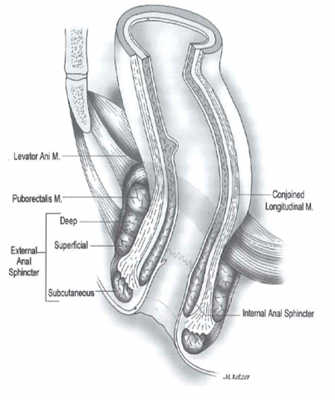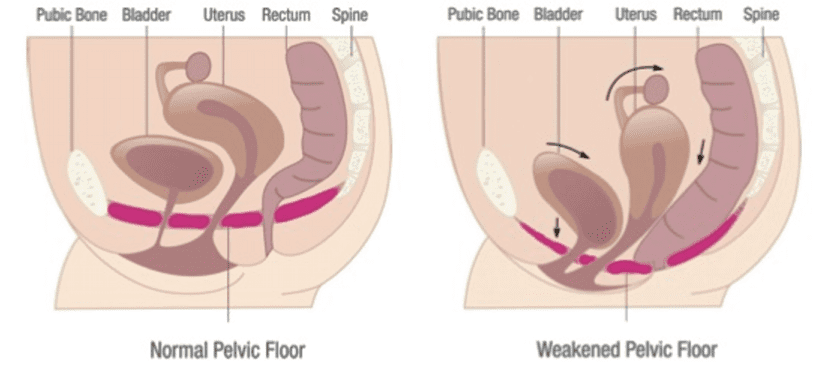Can Bowel Straining Cause Pelvic Floor Dysfunction

Pelvic floor muscles that are too tight can lead to nonrelaxing pelvic floor dysfunction.
Can bowel straining cause pelvic floor dysfunction. Symptoms include constipation straining to defecate having urine or stool leakage and experiencing a frequent need to pee. The symptoms of pelvic floor dysfunction can vary depending on the degree of coordination issues and the specific muscles involved. Dysfunction of the pelvic floor muscles. As many as 50 percent of people with chronic constipation have pelvic floor dysfunction pfd impaired relaxation and coordination of pelvic floor and abdominal muscles during evacuation.
To reduce strain on your pelvic floor muscles avoid pushing or straining when using the bathroom. Bladder and bowel problems often originate with nerve or muscle dysfunction as these systems control the flow of urine and the release of stool. Due to the role of the pelvic floor muscles in coordinating bowel movements and controlling the action of the anal sphincter dysfunction of these muscles can result in fecal incontinence. Straining to move your bowels especially over time can lead to pelvic floor muscle weakness.
Pfd can also be a contributing factor to the symptom of incomplete evacuation which can increase the chances that someone will later develop fecal incontinence. Pelvic floor overactivity or tightness is often a cause of pelvic pain. The pelvic floor is a set of muscles that supports pelvic organs including the bladder and bowel. If the pelvic floor muscles in the rectum are too tight and unable to relax it becomes difficult for stool to be passed.
In addition straining too hard during a bowel movement can cause damage the pelvic floor muscles. Pelvic floor dysfunction causes difficulty urinating defecating and engaging in sexual intercourse. Tightness weakness can occur together. Straining hard or thin stools and a feeling of incomplete elimination are common signs and symptoms.
You are pushing against a closed opening. This can lead to straining during a bowel movement which causes the muscles to tighten even further. Constipation itself is often caused by or related to pelvic floor overactivity or tightness. Pelvic floor dysfunction is the inability to correctly relax and coordinate your pelvic floor muscles to have a bowel movement.
These muscles aid urinary control continence and read more.



















